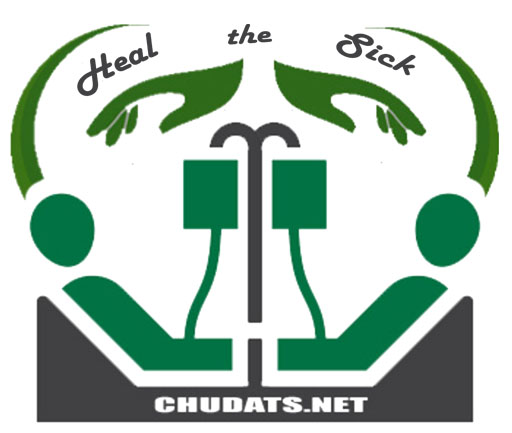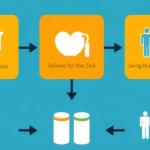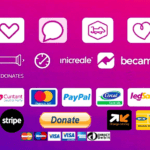- Welcome
- Health
- Charity
- Currency
- Policy
- Coming Soon
- Cat
- HealthAbout user guides, opportunities and news perspectives relative to health facilities, workers, medical consultants and patients involved with, or interested to use CHUDATS digital healthcare services.
- CurrencyRegroups information on the financial system of CHUDATS which evolves around obtaining and using heal coins and heal notes, collectively addressed as Heal Cash
- CharityGroups agendas, actions and news on humanitarian services and other community development assistance works within CHUDATS.
- PolicyExamines engagements and outcomes of CHUDATS operations that create or promote global, national and local healthcare policies.
- Uncategorized
- Welcome
- Health
- Charity
- Currency
- Policy
- Coming Soon
- Cat
- HealthAbout user guides, opportunities and news perspectives relative to health facilities, workers, medical consultants and patients involved with, or interested to use CHUDATS digital healthcare services.
- CurrencyRegroups information on the financial system of CHUDATS which evolves around obtaining and using heal coins and heal notes, collectively addressed as Heal Cash
- CharityGroups agendas, actions and news on humanitarian services and other community development assistance works within CHUDATS.
- PolicyExamines engagements and outcomes of CHUDATS operations that create or promote global, national and local healthcare policies.
- Uncategorized
- Welcome//
- Health//
- Charity//
- Currency//
- Policy//
- Coming Soon//
- Cat//
- Health//About user guides, opportunities and news perspectives relative to health facilities, workers, medical consultants and patients involved with, or interested to use CHUDATS digital healthcare services.
- Currency//Regroups information on the financial system of CHUDATS which evolves around obtaining and using heal coins and heal notes, collectively addressed as Heal Cash
- Charity//Groups agendas, actions and news on humanitarian services and other community development assistance works within CHUDATS.
- Policy//Examines engagements and outcomes of CHUDATS operations that create or promote global, national and local healthcare policies.
- Uncategorized//
Aligning with Global & Local Policy Standards
- Home
- Aligning with Global & Local Policy Standards
CHUDATS and SDG-3
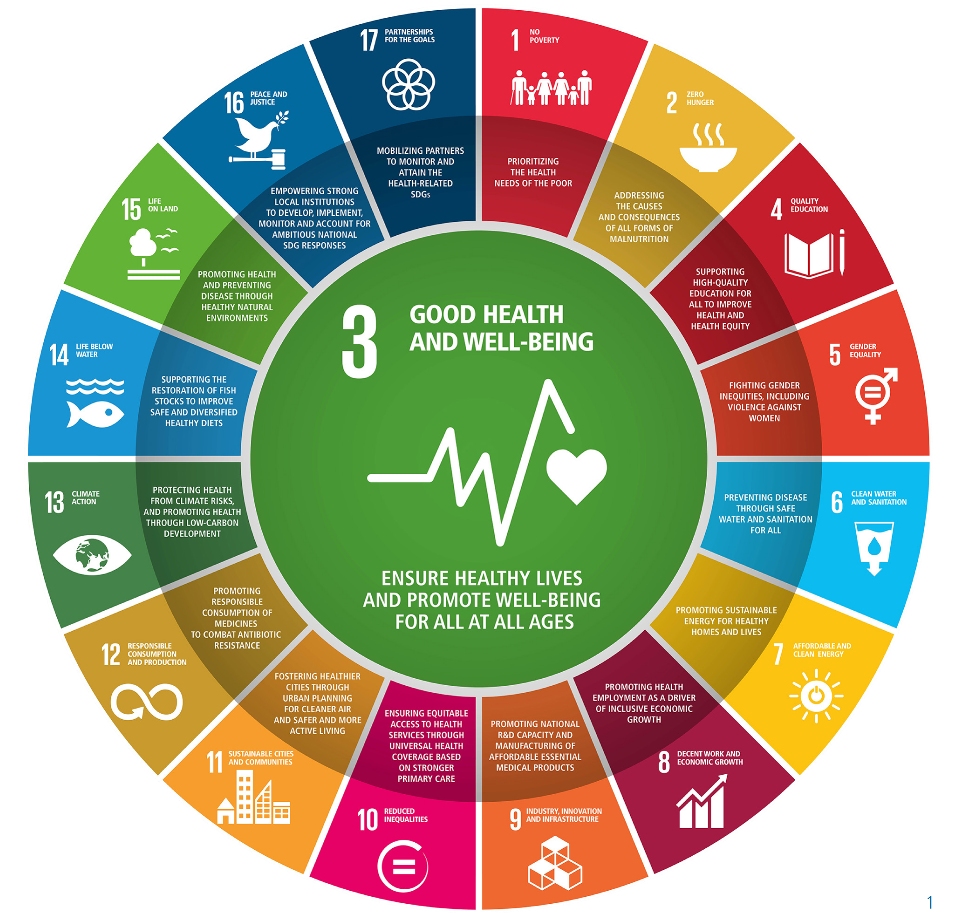
The health goal (SDG 3) is broad: ‘Ensure healthy lives and promote well-being for all at all ages’. The SDG declaration emphasizes that to achieve the overall health goal, ‘we must achieve universal health coverage (UHC) and access to quality health care. No one must be left behind’. This places UHC at the centre of the SDG 3 health goal and a contributor to the beneficiary of sustainable development, with linkages to all the other SDG targets. The CHUDATS approach focuses on the concept of “leaving no one behind” and offers patient-centred care opportunity as the pivotal mechanism for its design, implementation and improvements.
The community health unit database networking system is developed with a priority orientation to build and foster effective, reliable and efficient healthcare delivery services that meet the needs of patients. The system further offers communicating and coordinating care between appointments and different services over time. This includes when making a referral from a health unit to a specialist or sharing care between a community health service and a hospital tailored to suit the needs of patients.
Global policy orientations especially within the context of SDG-3 require that patient-centred care should be able to effectively enhance wellbeing. As such, the consent of the care receiver becomes a primordial consideration vis-à-vis care giving, planning and care provision. In reflection, CHUDATS, through a general user review, messaging, and situational reporting scheme, grants the opportunity for an identified patient and others to forward their concerns about the healthcare service situation of concerned health units and physicians. As such, their aspirations are duly considered and addressed by the healthcare-provider institutions and personnel.
CHUDATS is a system that addresses issues related to distance and access to healthcare, poor follow-up interactivity between healthcare providers, personnel, and clients or patients, poor or limited access to equipment and supplies, and incoherent health data or statistics gathering and processing methods. This includes very inclusive digital health management processes that meet the current solutions-making standards in modern day healthcare management projections.
Aligning with WHO standards in Digital Health Interventions
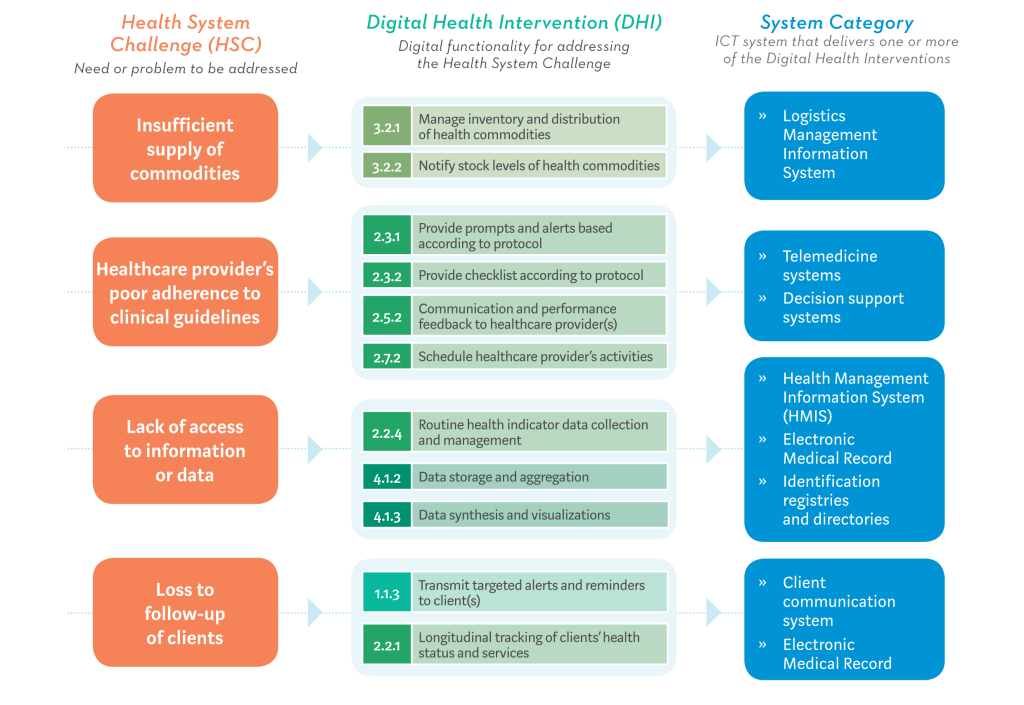
CHUDATS is standardised to address basic and general health system issues highlighted by WHO towards solutions for strengthening the health system and fostering the universal health coverage vision. This includes the purview of Community Health Information Systems (CHIS), Health Management Information Systems (HMIS), and other inclusive Digital Health Interventions (DHI) for fostering healthcare service delivery equality. It further operates under perpetual upgrades for meeting-up with the aspirations of addressing health system challenges and achieving the Universal Health Coverage (UHC).
In the year 2011, the sketch of the system was initial designed by its inventor {(11) 21440}. Along the following years, it grew and matured in several stages including high level UN policy support platforms, international digital health innovation competitions, local level health practitioner exchanges, and both national and local level government partnerships for its materialisation.
In perspective, WHO recommends that the implementation of DHIs need specific requirements and components that have been newly introduced in the healthcare system. Also, in order to address health system challenges, the needed components are supposed to be made available and appropriate to local contexts, ensuring effectiveness, behaviour, and organisational changes that should fit into the overall digital health architecture.
Corroboratively, DHIs need to implicate factors such as leadership, governance mechanisms, regulatory and policy frameworks, strategy and financial investment, workforce capacity, standards and interoperability, and other sociocultural considerations. This should enhance the maturity of the ecosystem, comprising the enabling of ICT environments in attitudes, actions, policies, and practices that support effective and efficient functioning.
As such, there is a strongly recommended need to consider a sectorial balance sheet based on the ecosystem over reflections on DHIs in the broader national health system context. This also considers an obligation for proper reviews at the local and country-level health system needs which interestingly, have been addressed in the conception, design and scalable progress of CHUDATS.
Amidst the growing pressure and need to fast-tract local, national and international efforts towards achieving universal health coverage, Modern Advocacy Humanitarian Social and Rehabilitation Association (MAHSRA) has braved the odds in the promotion of digital health interventions (DHIs) in tandem with health system challenges. By leveraging humanitarian care and equality access to qualitative healthcare, and also articulating the role of technologies in addressing identified health needs, MAHSRA has zealously encouraged innovation in digital health management and information systems. The CHUDATS initiative is inclined toward problem-solving for boosting effectiveness and efficiency within the health sector.
Through Cameroon home-based considerations, in accordance with the health sectorial expectations from the National Development Strategy (NDS30), MAHSRA estimated a 53% influence boost in the outcomes. Estimation projected to be achieved when CHUDATS full intervention goes operational and propagates across the entire national territory.
The framework convention signed between MAHSRA and MINSANTE in November 2023, lays down the institutional foundation in achieving the vision.
Aligning with global policies that require DHIs to implicate factors including local leadership and other sociocultural considerations, field engagements for inclusive ownership have been initiative with local and regional authorities towards zonal implementation processes. A consideration worth mentioning as over 35 local government council administrations, a Regional Executive Council, and some main confessional and private health institution leaders were reached.
CHUDATS and African Leadership in Digital Health Interventions

Under the licensed coverage of the African Intellectual Property Organisation (OAPI), and according to the Bangui accord of 24 February 1999, the patent invention No. 1202200504 of 01 December 2022, published in the official bulletin BOPI No. 03BR/2024, grants the Community Health Units Database Networking System (CHUDATS) an official and a 20 years protected implementation status within 17 African member countries. These countries include: Benin, Burkina Faso, Cameroon, Central African Republic, Comoros, Democratic Republic of Congo, Ivory Coast, Gabon, Guinea, Equatorial Guinea, Bissau Guinea, Mali, Mauritania, Niger, Senegal, Chad, and Togo.
By an international agreement, CHUDATS therefore has obtained the privileged opportunity to liaise with all the concern governments and more. This should enlarge its implementation framework according to global policy guidelines and according to national and local healthcare programs orientations.
Interestingly such a liaison has already been made with the government of Cameroon through the Ministry of Public Health (MINSANTE) and under which strategic field implementation actions have begun.
In Cameroon, MAHSRA has tagged the field engagements as “CHUDATS on the move”. This considers the stakeholder engagement actions realised within the North West Region of the country. The realised actions were meant to materialise the mutual goals of MINSANTE and MAHSRA as stipulated within the framework convention No. 0017/CC/MINSANTE/MAHSRA of 03 November 2023.
CHUDATS Strategic Support to Policy Growth
With governmental partnerships in promoting CHUDATS’s contribution to the Universal Health Coverage world vision, the system moves above patient care considered as when healthcare professionals treat patients. It uses the opportunity to create support policies for healthcare services and governments which prioritise healthcare users, not organizations, and make them at the centre of care.
Depending on disease prevalence, impact on public health, economic burden, and potential for outbreaks, CHUDATS disease statistical evaluation channels capture and display data in a comparative manner suitable for accurately informed positions or calculations for the most effective public health policy growth.
As a scalable healthcare digital management system for the sustainable enhancement of patient care and health facilities’ data management processes against the backdrop of modernisation and technological advancements, CHUDATS can be seen as the dream solution to a pragmatic universal health coverage vision.

